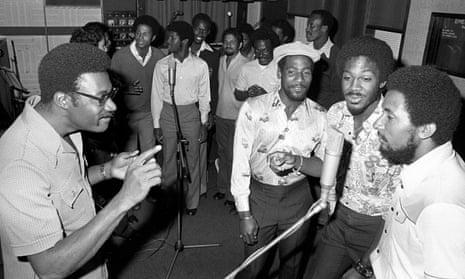The West Indies are often cited as everyone’s second favourite team in world cricket – except perhaps in the Caribbean where they may currently be regarded as the least favourite team of the lot.
Even in this era when West Indies have so often been emasculated they have still had the capacity to enchant fleetingly – as they did in Colombo when winning the World T20 in 2012. The current team lacks the majesty and power of the magnificent sides of the Eighties, yet in Sri Lanka two years ago they had a rollercoaster ride to the T20 final, which was ultimately mesmerising. Their campaign was unpredictable, joyous and stylish and everyone enjoyed their triumph. Yet now, with the 50-over World Cup round the corner, there is serious doubt whether West Indies will even turn up - or indeed whether the ICC will want them there.
After they abandoned their tour to India last week how can the ICC be sure the team will stay in Australasia long enough to fulfil their commitments? On either side of that tournament West Indies are supposed to be touring South Africa in December and January and hosting England in April. But at the moment nothing is certain. It is a mess, “a lose-lose situation” according to the doyen of West Indian cricket writing, Tony Cozier.
The West Indies players have often had a stormy relationship with their board. Their Packer men were up in arms in 1978 when the Packered Australians were touring the Caribbean and by the third Test of that series they were replaced by a second team, which actually made for a much closer contest. In 1998 there was a stand-off at Heathrow airport before West Indies agreed to go on to South Africa and there were similar disputes before tours to Sri Lanka in 2005 and Bangladesh in 2009. But none of those incidents is of the same magnitude as last week’s humiliating mid-tour departure from India.
Cricket is mighty hard to administer in the Caribbean, where the West Indies Board (WICB) has to oversee cricketers from different nations separated by thousands of miles of ocean. Likewise it has always been trickier for even the best cricketers of the Caribbean to be rewarded appropriately. It was no surprise that their Test team moved en masse to Packer; and there was a sad inevitability when so many of their cricketers on the periphery of that Test team headed off to South Africa on rebel tours soon afterwards. Otherwise in pursuit of remuneration their cricketers had to settle for relatively modest contracts – by modern standards – amid the sweat and toil of county cricket.
Even the great side had spats with the board. But they kept on playing, which was made easier by the fact that they kept on winning. And they may have recognised that there was not much money in their board’s pot. The current players, unable to escape the shadow of their predecessors, do not win very often. But they are well travelled.
West Indian players are especially popular in the Indian Premier League, where they can swap notes with fellow international cricketers in their multi-national dressing rooms. Hence they see the disparity in pay among international cricketers. They can also recognise that cricketing income is far easier to come by when playing in the various T20 tournaments around the world than when playing for West Indies. Thus their board has a delicate line to tread in negotiations with players, who, in turn, have currently lost all confidence in their union representative, Wavell Hinds. At the moment none of the three parties involved is doing the wider cricketing world any favours.
Nervous onlookers are desperate for a resolution. The Caribbean has been the cradle of some of the greatest cricketers in history from George Headley, the three Ws, Garry Sobers, Rohan Kanhai and Wes Hall through to the titans of Clive Lloyd’s side, which dominated for more than a decade.
Over the years the West Indies has created a wondrous cricketing legacy. It would be dire if this was now extinguished.
On a slightly more prosaic, self-centred note, it can be a damn good place to tour. The Kensington Oval in Barbados is one of the great cricketing venues on the globe – unlike some of those arenas hastily – and foolishly – erected in the Caribbean for the World Cup in 2007. There cricket belongs – ideally amid a babble of hectoring advice from the local sages. And beyond the ground a cooling sea breeze and a friendly beach bar await once those tricky deadlines have been met.
What if there is no resolution and the WICB is bankrupted by compensation demands and forced to wind up? It is a wretched prospect, yet currently a real one. There has to be an urgent resolve to keep cricket alive in the Caribbean. If there is no way through the current impasse one pale, last-ditch outcome suggests itself: an international tour to the Caribbean with Test matches against individual nations such as Trinidad and Tobago, Jamaica and Barbados. The Observer could surely find a volunteer to cover it.

Comments (…)
Sign in or create your Guardian account to join the discussion